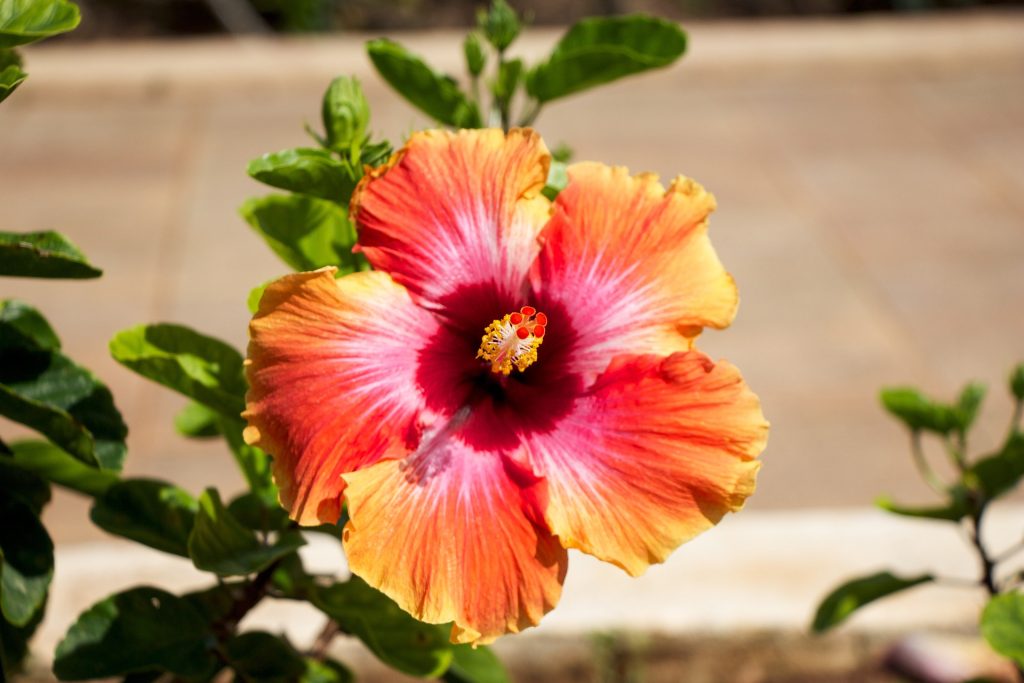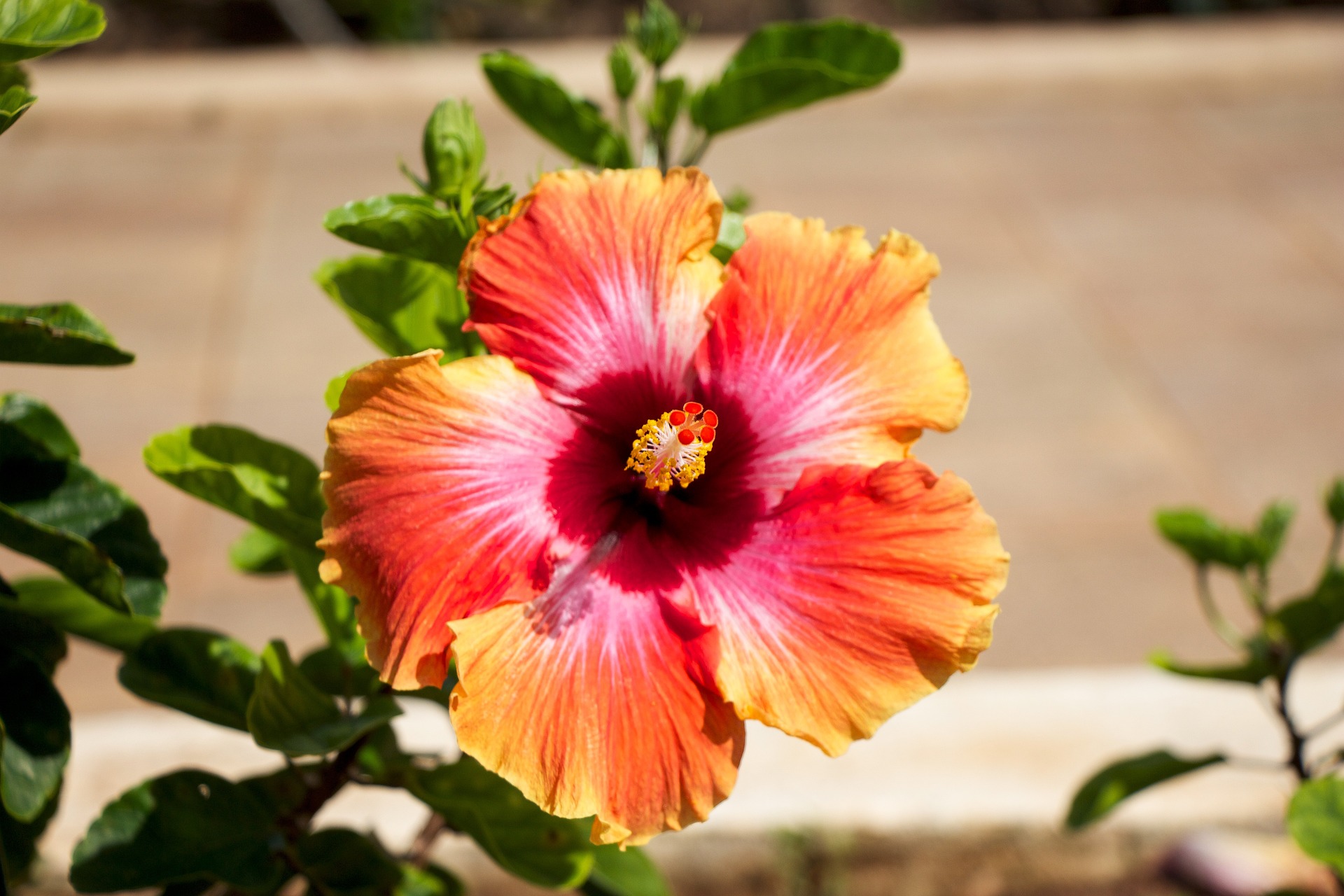The History and Culture of Hawaii: A Fascinating Overview

The Hawaiian Islands, a paradise archipelago in the middle of the Pacific Ocean, hold a rich tapestry of history and culture that is as vibrant as its lush landscapes. From the ancient Polynesian voyagers to the modern-day melting pot of cultural influences, the islands have a fascinating story to tell. This article will take you through a journey of Hawaii’s intriguing past and its unique traditions, all contributing to its enigmatic charm that continues to captivate travelers worldwide.
The Ancient Polynesians: Hawaii’s First Settlers
Hawaii’s history begins with the arrival of the Polynesians. These skilled seafarers journeyed from the Marquesas Islands around 300-500 AD, navigating the vast Pacific Ocean using only the stars, wind, and waves as their guide. They established a complex society based on kapu (taboo) system, which dictated social order and religious practices. The remnants of their ancient civilization can still be seen today in the petroglyphs and heiaus (temples) scattered across the islands.
The Era of the Ali’i Nui: The Hawaiian Monarchy
Fast forward to the 18th century, the Hawaiian Islands were united under one ruler, King Kamehameha the Great. This era marked the establishment of the Hawaiian monarchy, an institution that greatly influenced Hawaii’s political, social, and cultural landscape. The monarchy introduced written laws, promoted trade with foreign nations, and safeguarded Hawaiian sovereignty amidst increasing foreign influence. Despite the overthrow of the monarchy in 1893, the legacy of the ali’i nui (high chiefs) continues to be honored in modern Hawaii.
The Sugar Plantation Era: A Melting Pot of Cultures
The 19th century saw the rise of the sugar industry in Hawaii, which brought a wave of immigrants from Japan, China, the Philippines, Korea, and Portugal. Their arrival not only boosted Hawaii’s economy but also introduced a multitude of cultures, languages, and cuisines that have shaped Hawaii’s unique multicultural identity. The plantation era’s influence is evident in the islands’ diverse population and the popular “plate lunch,” a meal that typically combines Asian, American, and native Hawaiian dishes.
Hawaii’s Unique Culture: The Aloha Spirit
At the heart of Hawaiian culture is the “Aloha Spirit,” a philosophy that emphasizes love, peace, compassion, and mutual respect. It permeates all aspects of life in Hawaii, from everyday interactions to business transactions. The Aloha Spirit is also embodied in hula, a traditional dance that tells stories through graceful movements, and in the soothing sounds of the ukulele and slack-key guitar.
The Preservation of Hawaiian Language and Traditions
The Hawaiian language, once banned by American colonizers, has experienced a resurgence thanks to revitalization efforts. Today, Hawaiian phrases like “aloha” (hello/goodbye/love) and “mahalo” (thank you) are commonly used, and Hawaiian immersion schools are preserving the language for future generations.
Traditional Hawaiian practices such as navigation, taro farming, lei making, and quilting are also being kept alive, ensuring that Hawaii’s rich cultural heritage continues to thrive.
Conclusion
The history and culture of Hawaii are as diverse and vibrant as its tropical landscapes. From its Polynesian roots to its multicultural present, the islands offer a unique blend of traditions that continue to resonate with locals and visitors alike. As you explore Hawaii, remember that you’re not just stepping into a paradise of beautiful beaches and verdant mountains—you’re also immersing yourself in a fascinating cultural journey that spans centuries. The Aloha Spirit welcomes you, inviting you to embrace the rich history and captivating traditions that make Hawaii truly special.





